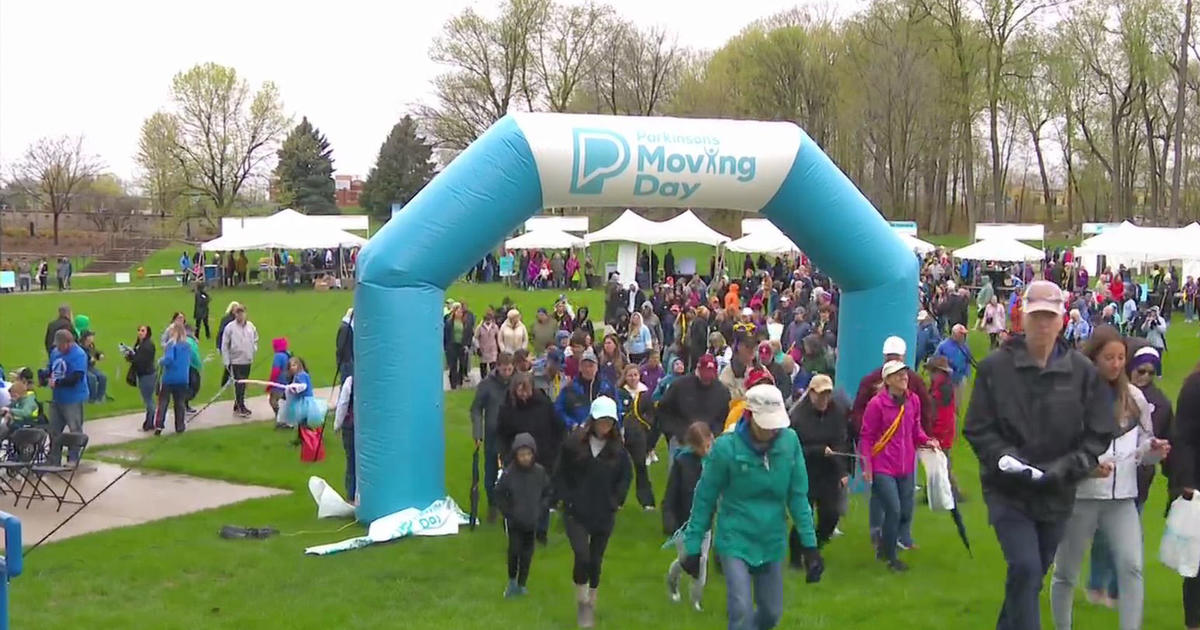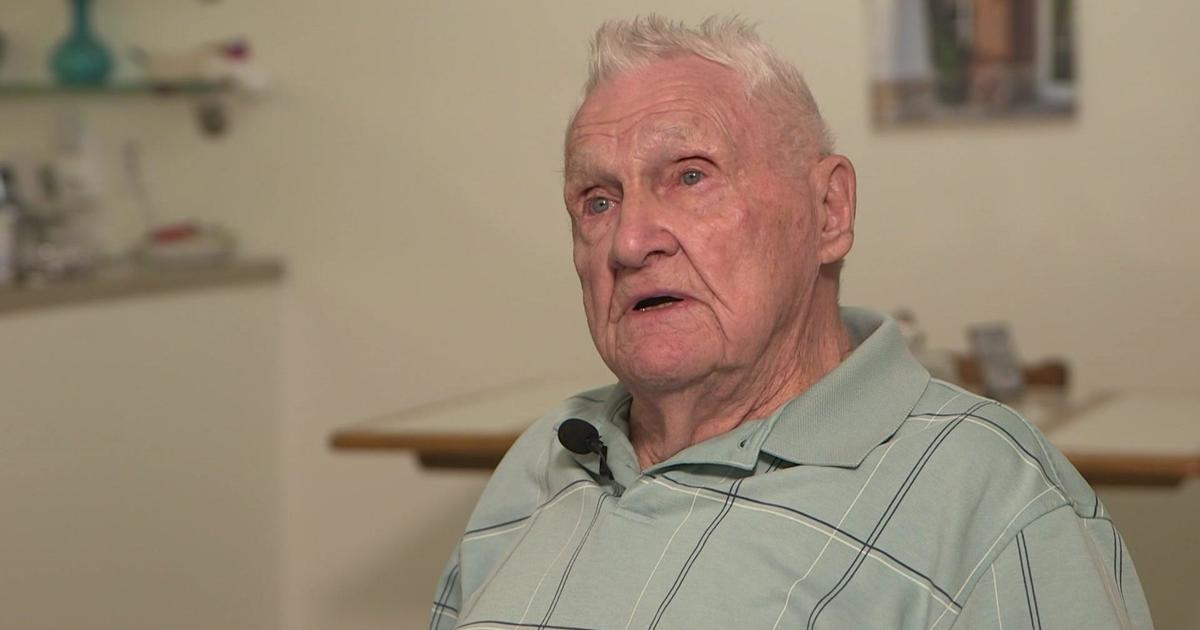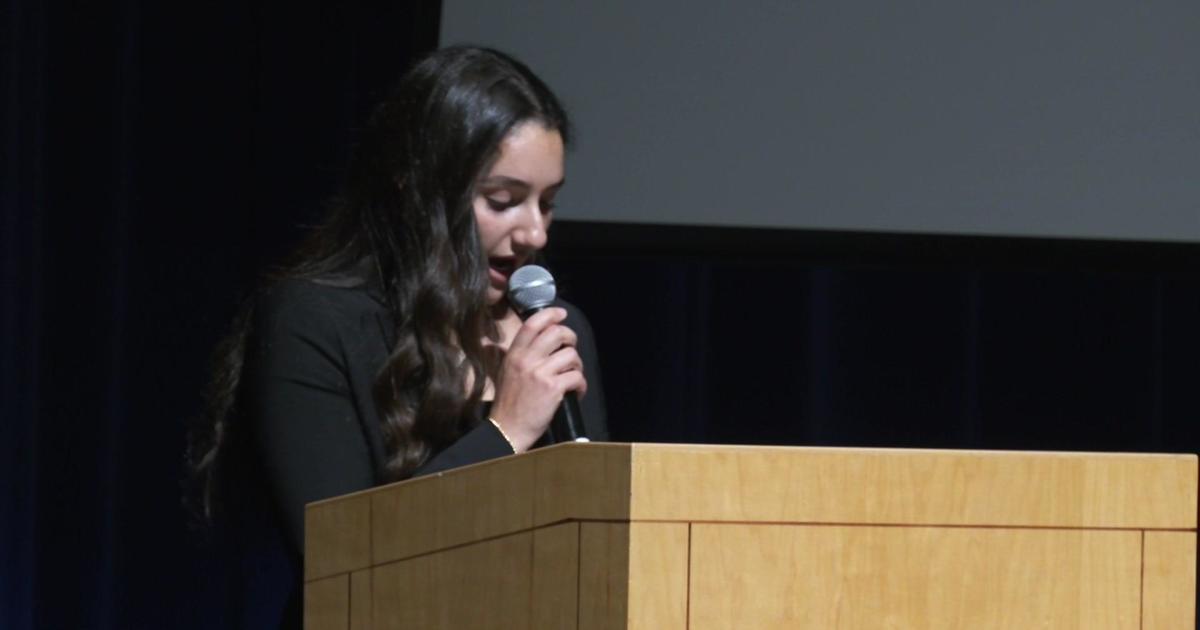Detecting Alzheimer's Early On Is Key
MINNEAPOLIS (WCCO) -- New guidelines on Alzheimer's show the disease starts damaging the brain years before symptoms show up.
The new guidelines are divided into three stages, and include a phase where changes are brewing in the brain, but no symptoms are evident.
The disease then progresses -- to where mild problems emerge, and then eventually dementia develops.
Mike Tracy remembers being afraid of Alzheimer's because he would watch his grandfather sitting and ripping up paper all day long at a table.
"I always thought, God I don't want to end up like that," he said.
It's a haunting image that he fears will one day become his reality. The husband and father of two started noticing subtle changes in his late 40s.
"I just wasn't able to keep up in the job anymore. I just wasn't getting things done," Tracy said.
His wife, Lucy, noticed it too. She said he would lose his keys often, but didn't consider it a trigger at first. It was when he repeated questions to her that he had asked 10 minutes before that she got concerned.
"It was very scary because I knew something was going on and I didn't want to find out what it was," Lucy said.
After losing his job, Mike went to the doctor. The doctor told him he was too young to have Alzheimer's.
"When he found out later on what it was, he was apologetic. I'm so sorry I just blew it off," Mike said.
Members of the Alzheimer's Association are working with Twin Cities doctors to increase awareness about early diagnosis.
"It's a lot easier to treat if you identify it early," said Alzheimer's Association Spokeswoman Michelle Barclay.
While most people who are diagnosed with the disease are 65 or older, more and more young people are being affected. It's estimated 200,000 people in the U.S. are suffering from early onset Alzheimer's.
"It gives you a lot more time and a lot more latitude to adapt your life the way you want it to be," Barclay said.
For Mike and Lucy, in some ways, it's a relief to know.
"This has changed everything for us," Mike said.
But they fear a long road of emotional and financial difficult is ahead. Mike can no longer work, he can't drive and the couple has two teenagers at home.
"I'm afraid of what's to come," Mike said. "I feel horrible you know, because what a burden. Lucy doesn't seem to mind but what a burden."
The Alzheimer's Association says exercise and being social can help slow the progression of the disease. It's pushing for routine screening to begin at age 65 as part of the Medicare wellness exam. If you are experiencing what you think may be symptoms, talk to your doctor about it.



